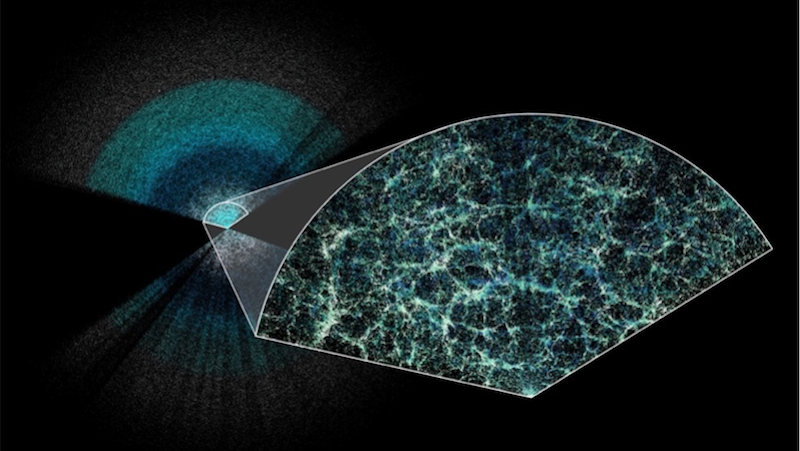Naomi Klein: Well I think one of the most famous . . . one of the most dangerous human impulses is the idea that you can start from scratch. This is an idea that has come up again and again in history. I almost called my book (Blank) is Beautiful, because it seemed to be this recurring idea that was at the root of this dream of transformation through disaster; transformation through shock, through violence. And I don’t think by any means that the right . . . the market fundamentalists are the only ones who think this way. I think it’s the indicator species for a dangerous ideology. It’s the year zero mentality of a _..., or the desire for blankness, cleaning the slate of Mao. But you hear it from the Donald Rumsefelds and the Cheneys as well – this idea that you can create a country . . . a model country in somebody else’s land. It’s the same dream of total power, total creation. It’s the colonial dream as well. It’s . . . And I think we are in denial that this is a deep part of our history here in North America – this dream of starting over, of rebooting the world that’s imbedded in some of our most powerful Judeo-Christian biblical myths of great floods, and great fires, and just a gang of us and our friends being saved and getting to start over. You know Noah’s ark and the rapture. I mean we are . . . We . . . It’s an amazingly seductive idea – this idea that you can reboot the world, start from zero. It’s an amazingly anti-human idea, and I think we need to understand that because it can be framed as a really idealistic concept, right? We just . . . We want utopia. That sounds good. And we know how to build it. But the problem with this dream is, you know, that people get in the way, right? So then you have to clean the slate. You have to wipe the slate clean because there are no empty lands. And that was the violence of colonialism. I think it’s been the most . . . It is the most powerful, most dangerous idea. It crosses political lines. It crosses religious lines, and it . . . it is the ideology that has rationalized the great cleansings, the great genocides. And we need to identify it is a dangerous ideology. We need to understand it in our history so that we don’t repeat it. And you know, and we need to counter it with something else. And in terms of my philosophy I tried sort of developing a philosophy that is the opposite of starting from scratch, which is starting from scrap. Because I think this idea that we do . . . that there will be some moment when we get to start from scratch, we need to excise it. There are no empty lands. There are no blank slates. There are no clean sheets. There are always gonna be people who disagree with you. You’re always gonna have to start from compromise. And one time I interviewed William Gibson who is a wonderful science fiction writer. Or he doesn’t only write science fiction. But I was talking to him about science fiction writing and he was saying there are two different kinds of science fiction writers – the people who believe that the future is shiny, and the people who know that the future is rusty, right? And it’s the shiny science fiction writers that you have to worry about. And you know I think the future is gonna be rusty. I think it’s gonna be built by, you know, whoever is around and whatever is left behind. And it’ll be this sort of patchwork. And we just need to resign ourselves to that. You know we leave . . . We leave big messes behind, and we need to start from scrap and stop dreaming of starting from scratch because it’s a very violent idea. And it sounds wonderful, but the flip side of it . . . of that clean slate idea is the scorched earth . . . is the scorched earth we’re seeing it in Iraq right now. Recorded on: 11/29/07





